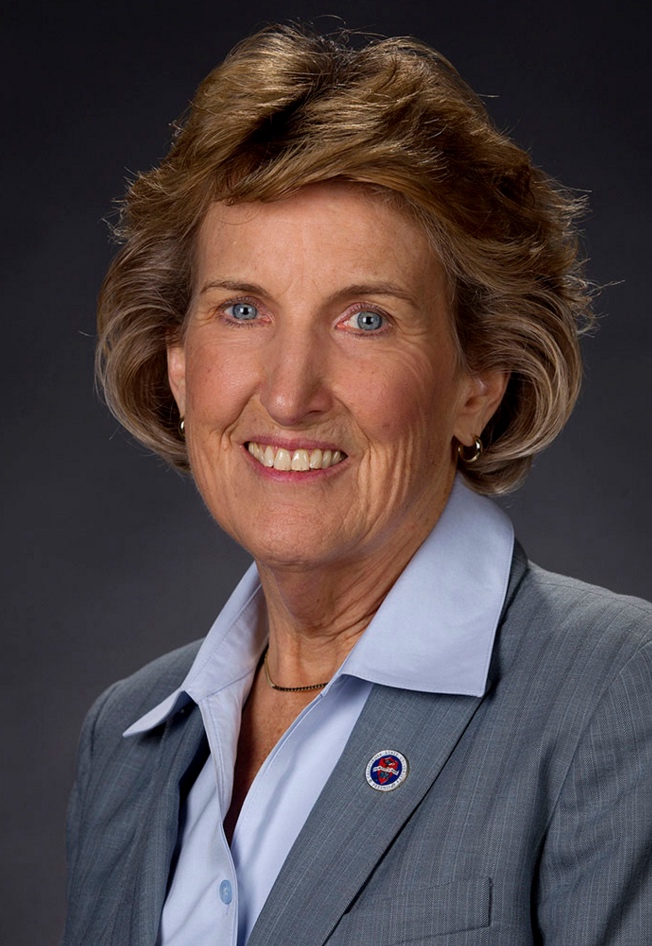Vegetables Are the Key to Great Nutrition
How to Increase Fruit and Vegetable Consumption
By Laurie Greene, Editor
In honor of National Eat Your Veggies Day, we spoke with Francene Steinberg, department chair and professor of nutrition at UC Davis, and director of the UC Davis Dietetics Education Program for undergrads. She encouraged the importance of leaning on vegetables for optimum nutrition and health benefits.
“A varied diet of fruits and vegetables, along with grains and some protein sources is extremely valuable to give everybody the best energy for them to grow,” Steinberg said. “It really is so important to get the full spectrum of all the nutrients in these foods, particularly the vegetables.”
“In addition to all the required nutrients,” she explained, “we know the required vitamins and minerals—those that we know about and for which we have the Recommended Dietary Allowance (RDA), the “average daily level of intake sufficient to meet the nutrient requirements of nearly all (97%-98%) healthy people.” (Source: National Academies of Sciences, Engineering, and Medicine)
Continuing, Steinberg said, “There are also quite a few other nutrients and compounds in those foods that are good for us—that have biologic effects. Not only just fibers, but also phytochemicals, phytonutrients, they are really part of what helps to promote overall health. It’s not just the vitamins and minerals in a vitamin pill. You really need to eat the whole fruits and vegetables and grains, and so forth, to get the full effects,” noted Steinberg.
There is a new approach to how much produce people should eat on a daily basis. Steinberg noted the importance of eating the rainbow; fruits and vegetables of every color. Previous nutrition campaigns used to stress the importance of consuming five servings of fruits and vegetables each day.
“Most people don’t even come near to eating the amount of vegetables they need. Rather than focusing on a specific number, an easier goal is just eat more than you currently do, in terms of vegetables. Eat one more serving each day. Try a new vegetable each week. See if you like them,” said Steinberg.
Eat The Rainbow
In particular, Steinberg recommended red beets which are a wonderful vegetable to add to your eating list. “Beets are delicious. These deeply colored fruits and vegetables—whether they’re red, or green, or orange—that really denotes they have more nutrients in them. There are all these colored compounds that are often bioactive in the body. They really are good for you. You can, as you say, eat the rainbow by choosing these brightly colored fruits and vegetables.” noted Steinberg.
By consuming more vegetables, consumers can more avoid many chronic diseases. “I think that certainly most of the chronic diseases we suffer from today stem from obesity, diabetes, heart disease, that sort of thing,” Steinberg commented. “They’re often a combination of overconsumption of overall calories and empty nutrients, and not enough consumption of some of these fruits and vegetables that hold such valuable nutrients for us,” said Steinberg.
“It really is a matter of trying to make your diet as nutrient-rich as possible, and really avoiding those empty calories that seem to provide us lots of extra calories without any added benefit,” she stated. “If folks can cut down on some of the sugary and highly fatty snacks, chips and that sort of thing, and eat a piece of fruit or an extra vegetable serving per day they’re really much better off.”
Steinberg suggested one way to stimulate the desire to eat more vegetables is by making them readily available. “I think sometimes when people buy some of the produce, then they put it away in the refrigerator, it’s not visible. It’s hidden and they go to the cupboard and look and there’s a bag of chips that’s very easy to grab.”
She also recommended ways to make sure produce is not left behind. Consumers can purchase “fruits and vegetables that are already pre-washed and cut up, and put them in a little baggie or bowl on the counter, if they’re not perishable, or just a baggie in the refrigerator. It’s a quick grab and go. You can take it and have it as a quick snack. Things that are appealing to children are small bites that are easily consumed, bright and colorful.”
Steinberg recommended consumers “try to find those fruits and vegetables that are very fresh. Sometimes the ones we find in the grocery stores are not as flavorful as [backyard-grown], from the farmer’s market, or even just knowing which vegetables are in season. At the grocery store, the best things that are in season are usually going to be the freshest and tastiest. ” said Steinberg.
Fresh is not the only way consumers can enjoy the benefits of produce since frozen varieties are easy to come by. “Some of the frozen whole vegetables and fruits are highly nutritious,” said Steinberg. “They’re very affordable and available year round.”
Steinberg also mentioned the availability of low calorie dips such as hummus can easily be found in grocery and convenience stores which encourages more fresh vegetable consumption. In fact, hummus is primarily chickpeas, another great vegetable. “Dipping fresh vegetables in hummus. That’s delicious,” she said.













